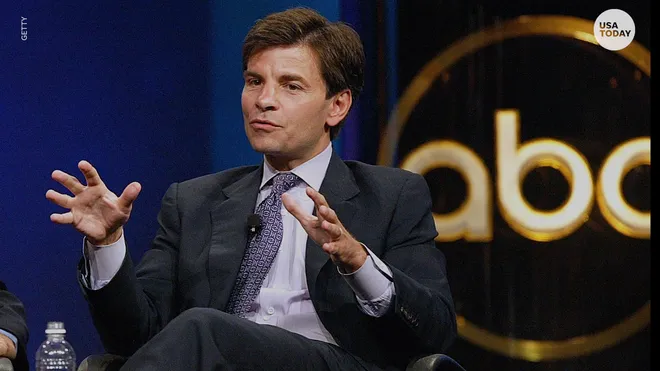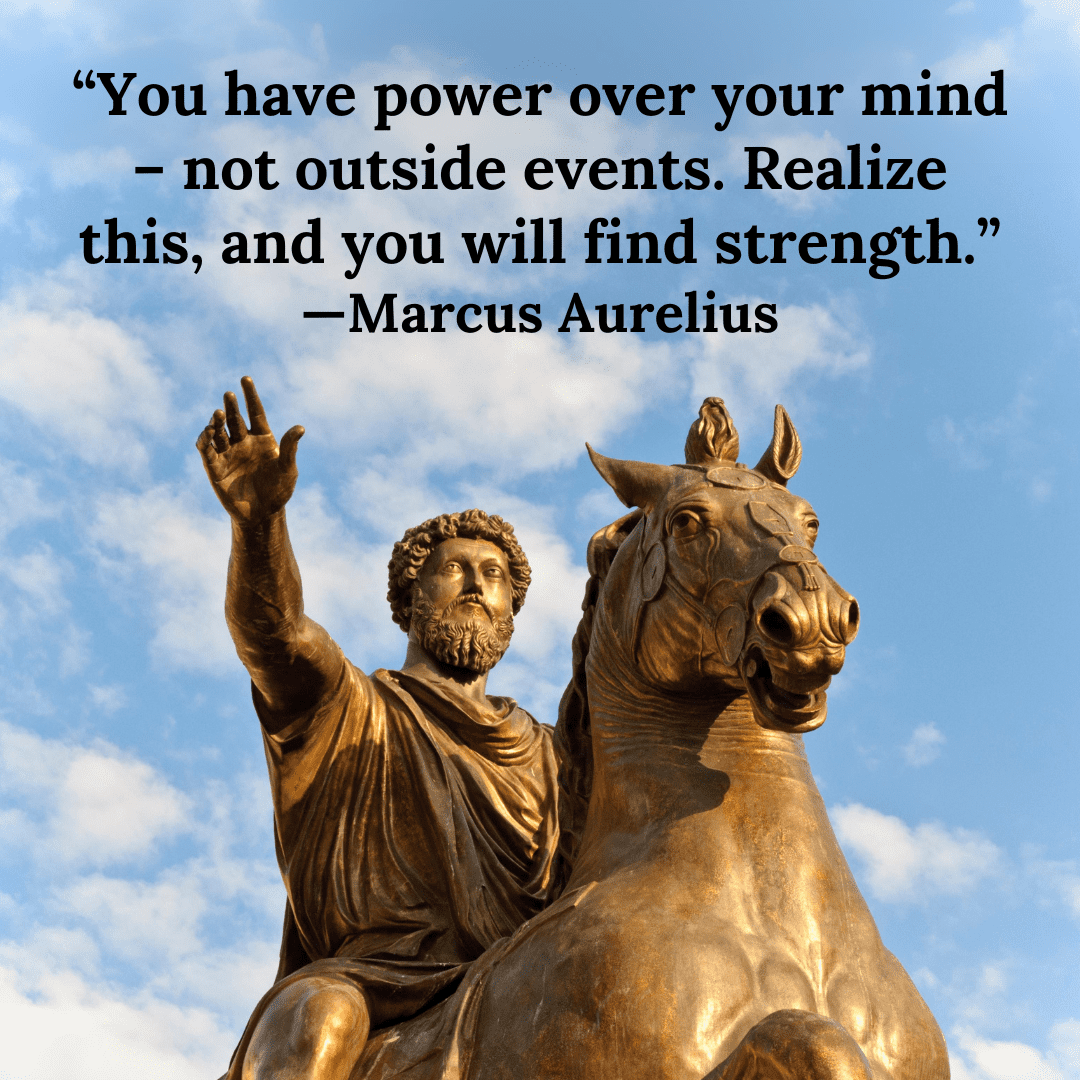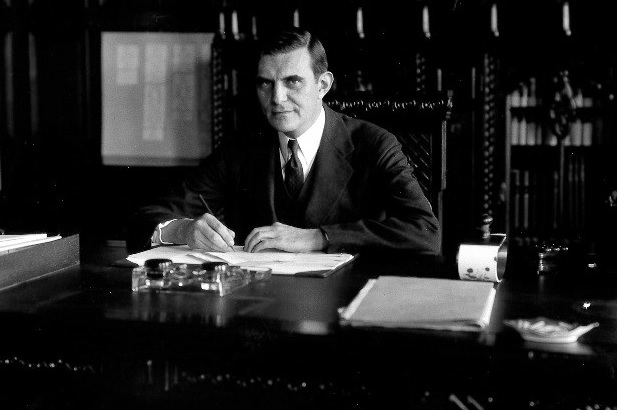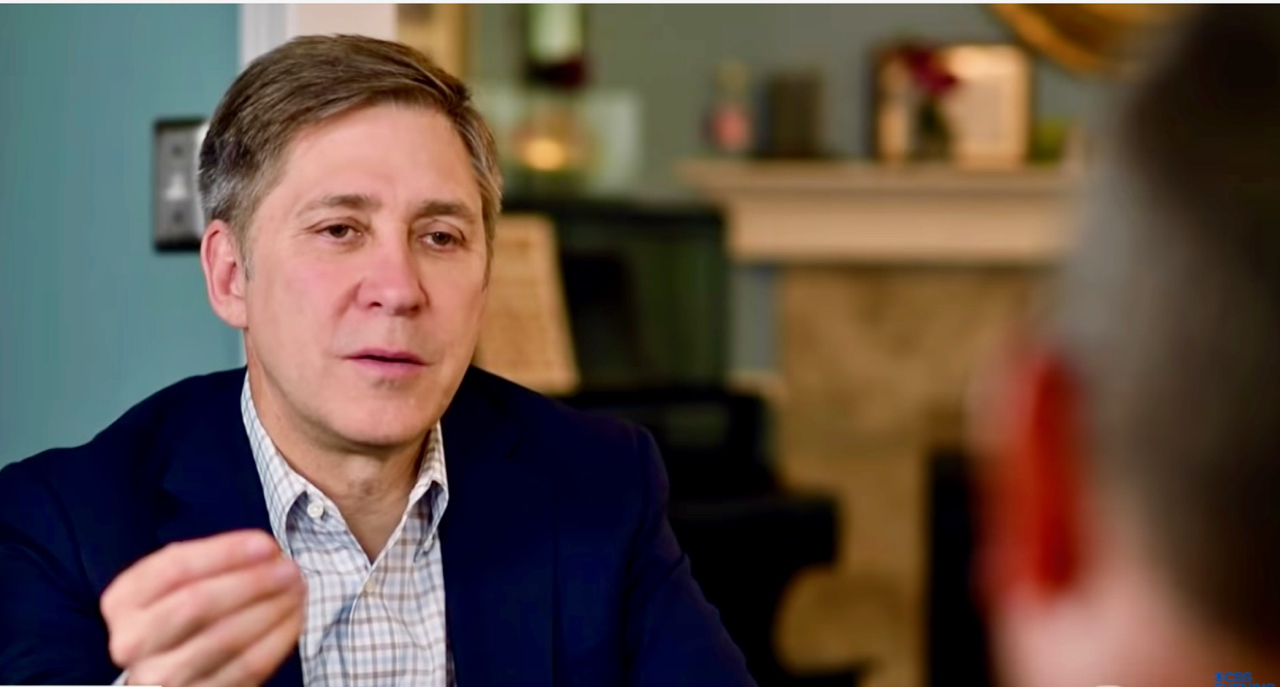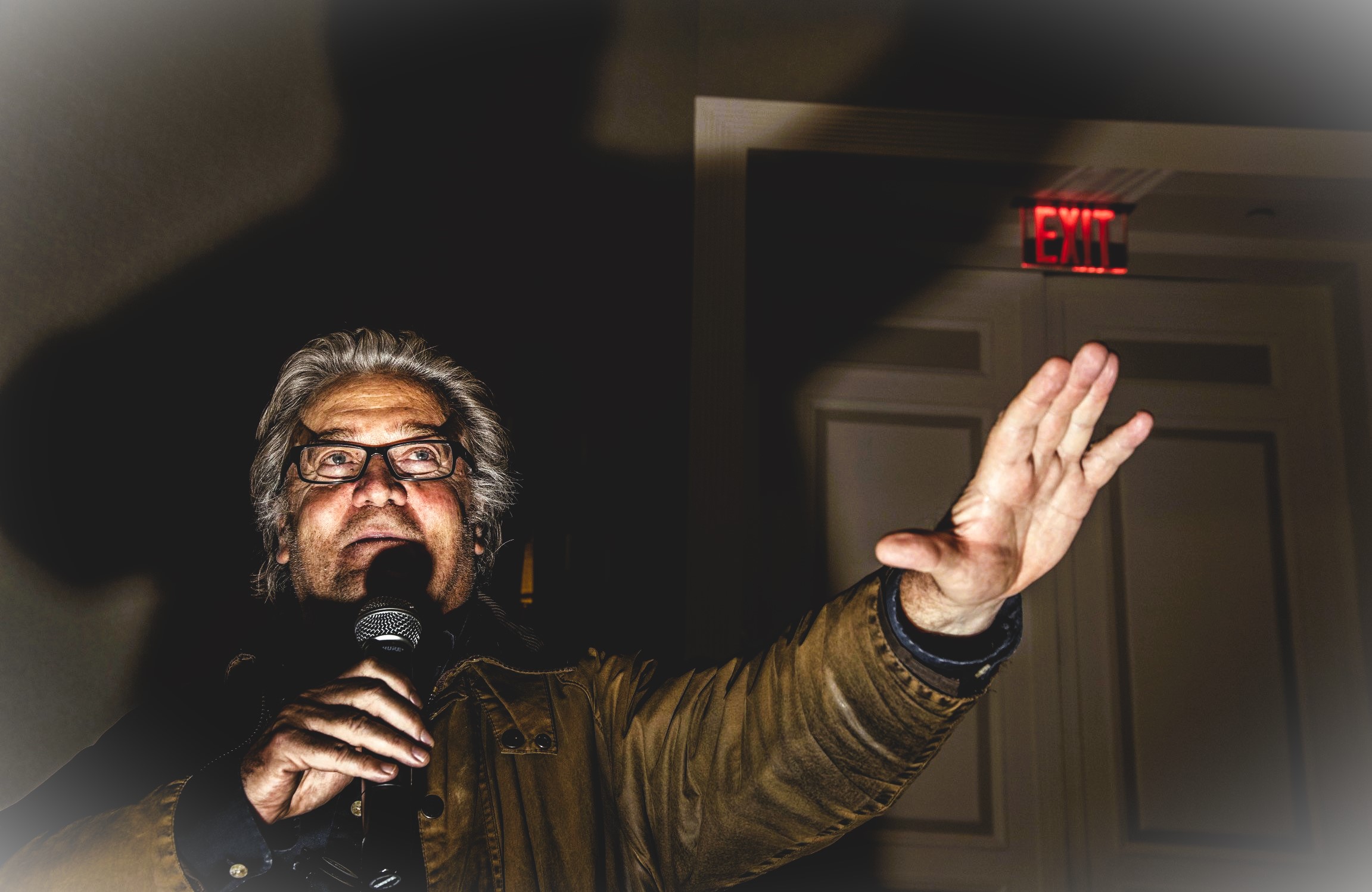Trust – whether it’s the current crisis in Syria, Congress or the economy – is the vital component that drives confidence. So important to the national temperature that polls are regularly taken to determine the public’s trust in individuals and institutions.
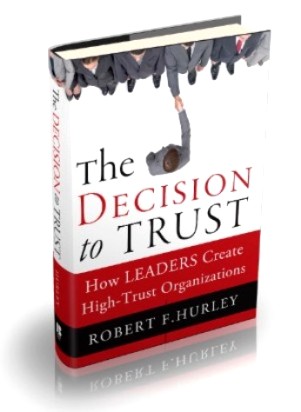
Dr. Robert Hurley is a Professor and the Director of The Consortium for Trustworthy Organizations at Fordham University. He is also the author of the book “The Decision to Trust: How Leaders Can Create High Trust Companies,”(Jossey Bass 2011). What’s notable is that Hurley talks about the specific steps companies and organizations can take to build trust.
Trust has fallen to precariously low levels. A recent Harris Poll shows a steady decline over 30 years from 55 percent of people who expressed a great deal of confidence in major companies in 1966 to only 15 percent in the 2012 survey.
In the aftermath of the well-publicized corporate scandals of Enron, WorldCom and Tyco circa 2001 and 2002, there were major efforts in the United States to restore trust and enforce corporate compliance. Among other things, the U.S. Congress passed the Sarbanes-Oxley Act of 2002 and corporate spending on compliance increased an estimated $6 billion annually. Business schools created ethics centers and made ethics training mandatory. Yet despite these reform efforts, corporate trust violations have gone unabated and public trust in business has plummeted. In fact, some of the most insidious practices from the Enron era (notably, disguising financial weakness with off-balance sheet debt) were front and center again during the global financial crisis of 2008.
Despite the increased investments in ethics training, the focus on ethics codes and education is misdirected. Business operates on multi-stakeholder relationships and what is needed is not only ethics but deeper relations characterized by trust. Just because a customer or employee thinks you are ethical (honest and fair) does not mean they will or should trust you. Competence, alignment of interests, transparency of communication and the degree to which you are predictable are all elements of trustworthiness that are not captured by simply focusing on ethics.
If it is major trust violations that are shaking the confidence of the public, perhaps we should start teaching leaders what trust is and how to build and sustain it. Trustworthiness can indeed be taught, but first we need to understand what trust is and how people decide whether to trust or be suspicious.
Understanding Trust and Trustworthiness
Trust can be defined as “confident reliance” in another party when there is uncertainty and vulnerability. When we invest our money or go to work and our livelihood depends on some person, group or system, we make a trust judgment. Will this person or group help further my interests, be fair, live up to their commitments, and be open and transparent with me? Working with more than 3,000 managers in North America, Europe and Asia, I developed a model that helps illuminate the major factors that people consider when deciding to trust or distrust. Based on this research, we can share five things that we know will help build trust.
1. Align Your Interests With Those Whose Trust You Want
When interests are well aligned, it’s much easier for both parties to trust. High trust leaders try to move their enterprise together by encapsulating stakeholders’ interests – not by pitting stakeholders against one another. If you want to build trust, start by clarifying and aligning stakeholder interests and prove that you will promote those interests in a fair manner.
2. Demonstrate Benevolent Concern
We tend to trust people who we believe will care about our welfare – they demonstrate a benevolent character. People, who appear concerned only with themselves, engender distrust. If you want to earn trust, demonstrate to others that you will do the right thing for them even if it puts you at risk. In 1982, CEO James E. Burke of Johnson & Johnson demonstrated that the public’s needs outweighed shareholder’s interests by pulling all forms of Tylenol off the shelf of every store during the tainted-Tylenol scare despite being asked by the FDA not to do so. Burke’s leadership during the Tylenol poisoning tragedy was admired for its decisiveness, openness and corporate self-sacrifice.
3. Develop and Demonstrate Capability in the Matter at Hand
We are only trustworthy if we can deliver on our commitments. Good intentions, benevolence, and even ethical conduct, do not warrant trust if the person is incompetent. This is sometimes the downfall of visionary leaders who sell a grand vision, but fail to realize that visions without execution often look like delusions. High trust leaders make sure that there is a reasonable probability and capability to deliver before they make promises.
4. Create A Track Record Of Predictability And Integrity
To earn trust, we must have a predictable pattern in how we act. Randomness leads to distrust. High trust leaders tend to practice values based leadership, which creates consistency and coherence in their behavior. An important part of predictability is integrity – honoring your word. High trust managers always try to honor their word and, if they fail to do so, they apologize and make sure it does not become a habit. While some of David Petreaus’s actions while at the CIA violated the public trust, his resignation showed that he understood, admitted and owned his breach of trust. Most people know that perfection can only be an aspiration. Trust comes from always striving always to honor one’s word.
5. Communicate, Communicate, Communicate – And, Do It Clearly And Openly.
Because trust is largely about relationships, communication is critical. Open and transparent communication can induce others to open up and reciprocate with feelings of confident reliance.
Perhaps we need to change our focus to building ethical andtrustworthy organizations. There is hope for the future of trust if we all work to build trustworthiness. Those organizations that respond to the current crisis of trust will have a major advantage over competitors. After all, what employee, customer or investor would choose to do business with a low trust partner when a high trust option is right around the corner?
Comments

